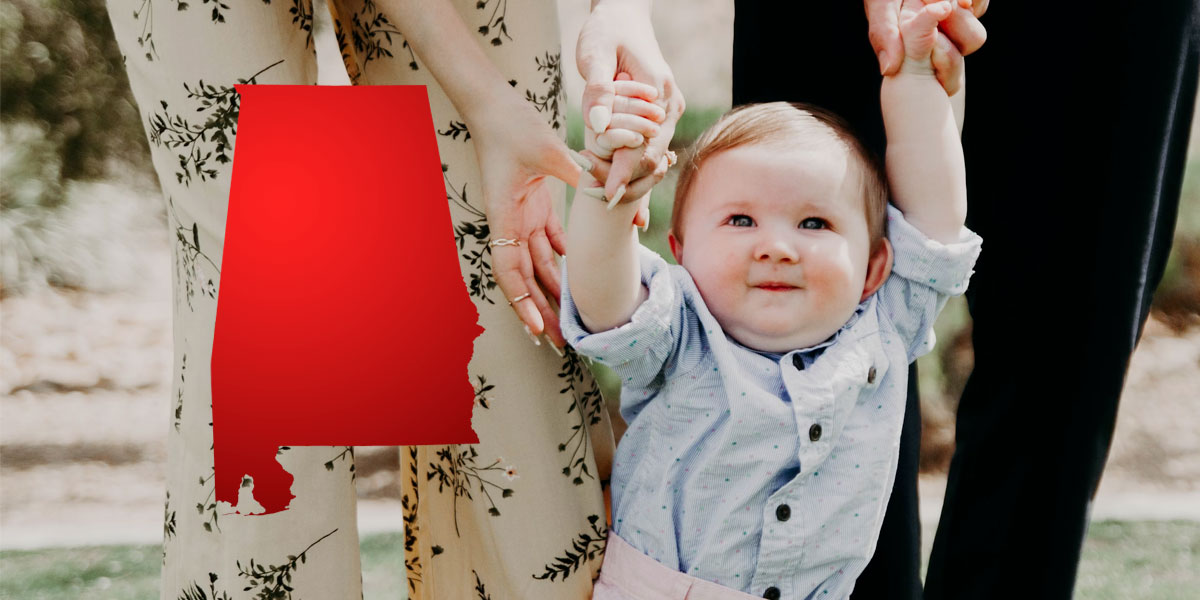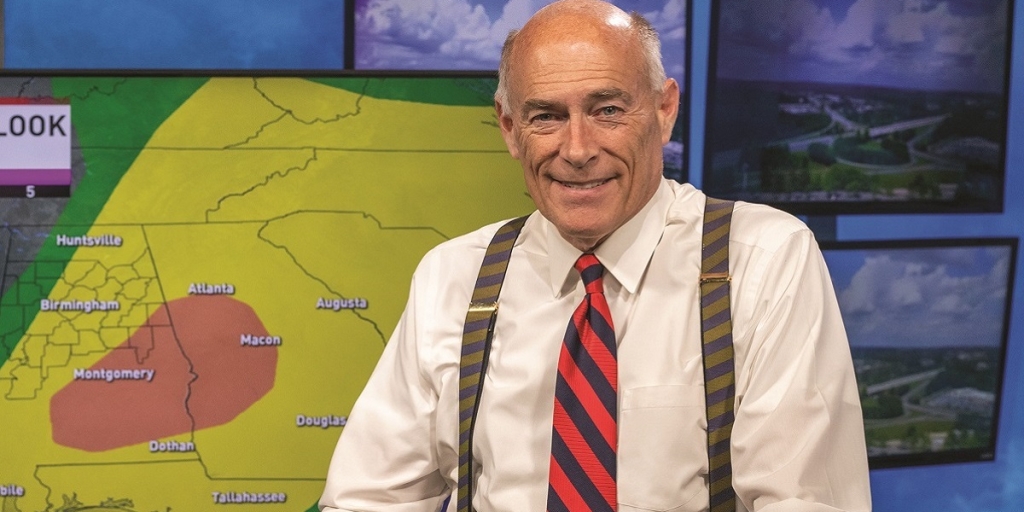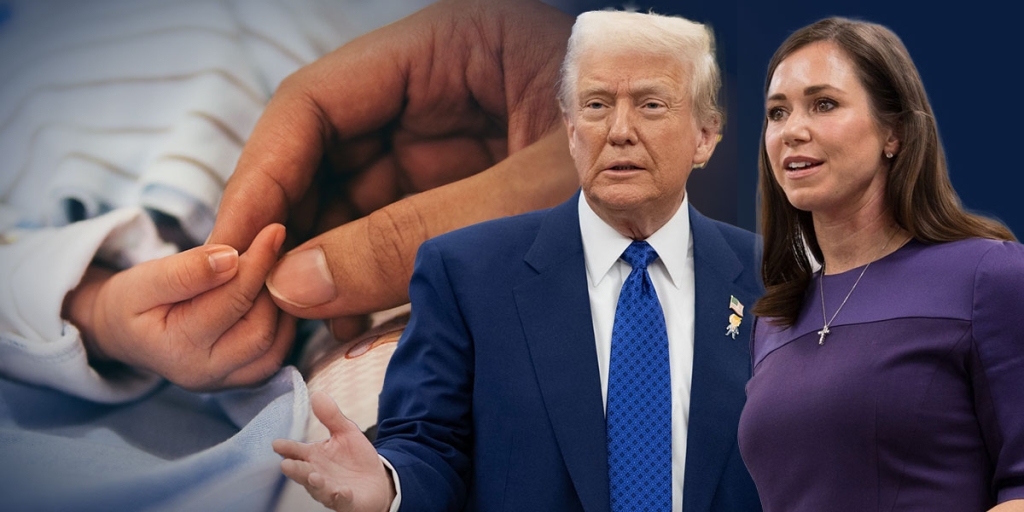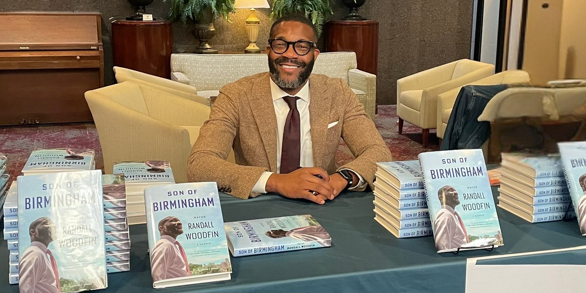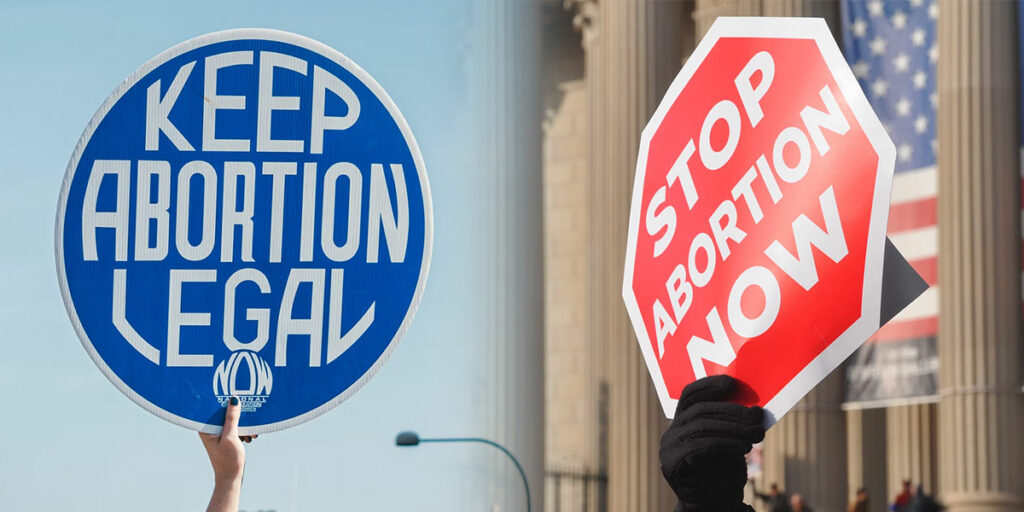On Thursday, the Alabama State Senate and House of Representatives passed legislation to protect in vitro fertilization (IVF) therapy in the state. One of those proposals is expected be agreed upon by both chambers of the Alabama Legislature and signed by Governor Kay Ivey as soon as Wednesday.
The approach taken by Republican lawmakers will offer criminal and civil immunity to doctors and other medical professionals performing IVF treatments. The timely effort came after an Alabama Supreme Court ruling on February 16 stating that embryos produced by IVF legally constitutes a person under the Alabama Constitution.
Clinics across the state suspended their IVF services out of concern over potential civil and criminal liability.
“This bill — the provisions only relate to in-vitro fertilization,” State Sen. Tim Melson explained on Thursday. Melson is a practicing physician in Alabama. It’s now known he, along with another physician legislator, State Sen. Larry Stutts (R-Tuscumbia) played a key role in lawmakers’ effort to safeguard protections.
“They provide civil and criminal immunity to a point and the immunity does not provide for damage or death of an embryo; so we are not going to give those coverage,” Melson said. “Only in normal standard way of handling them. They are still going to be susceptible to be – I will just call it malpractice if something happens. It doesn’t give them coverage for that.”
“There is no expiration on the date of this bill,” Melson said. “I don’t want people to get into the procedures or the process and fear they may have to stop again.”
RELATED: Reed, Ledbetter detail Alabama lawmakers’ approach to IVF: ‘Be very focused, get wise counsel’
Senate Minority Leader Bobby Singleton (D-Greensboro) blamed Republicans for creating this situation by passing a 2019 amendment to ban abortion.
“This is one of those I told you moments that you were trying too far,” Singleton said.
“You were going too far trying to define what life is, going too far trying to get ahead of Roe versus Wade. Something that we didn’t have anything to do with here in the state of Alabama and that was going to have to be dealt with at the national level. All we had to do was stand and wait. Roe versus Wade got overturned; and yet we wanted to make sure that we had our states right to do what we want. Now we have these mothers, these precious mothers, now sitting in prayer not knowing what is going to happen to their babies. Those babies that are sitting somewhere in a freezer because the Supreme Court of the State of Alabama has said that it is life and they are now babies.”
Singleton suggested that under Alabama law killing an IVF embryo could be prosecuted.
Melson responded, “Under Alabama law it is not murder if it is not in utero.”
Meanwhile on Thursday, the Alabama House of Representatives also ushered a safeguard for the practice and accessibility of IVF to passage. The House version of the bill was sponsored by State Rep. Terri Collins (R-Decatur).
“This is an agreed upon bill that will open the clinics and let the process that those women are already in the middle of proceed,” Rep. Collins said. “This bill would provide civil and criminal immunity for death or damage to an embryo to any individual or entity when providing or receiving goods or services related to in-vitro fertilization and this bill would provide for retroactive effect.”
“This is about a liability immunity,” said Collins. “It is not where we want to do it. It is not going to long term do it. We will need to work together to continue to work on this problem. But right now, we wanted to get the clinic open for the families that were using them. It does not have a sunset date.”
Four Democrats voted against the bill, arguing they want to revisit the Alabama Constitution and change the life begins at conception principle enshrined there, as agreed upon by voters in a 2018 statewide referendum.
Rep. Juandalynn Givan (D-Birmingham) expressed concern about giving the clinics immunity.
“When I came here in 2010, and that’s been almost 14 years ago, I noticed a trend here in the State House — and every bill that we had for a period of years was giving someone immunity in this state,” said Givan.
“I am not in favor of giving a doctor immunity for anything. One of these women could die. Could die just trying to figure out a pathway to give life. What we are going to pass right now gives a pathway for a doctor to commit an act and as we term it – as long as he is exercising best practice. That is a dangerous term in the medical field.”
Rep. Ernie Yarbrough (R-Trinity) argued that the Legislature should pause IVF treatments in Alabama until the Legislature can figure out how to let the clinics proceed.
“My conscience is absolutely on fire about this,” Yarbrough said.
“I asked our visitors the other day, ‘what about embryos?’ – children – that are left over? I was told we need to be able to discard embryos that parents do not want. I was told by doctors in lab coats that we need to be able to destroy embryos that we think may have genetic issues. You mean genetic issues like downs syndrome babies, like special needs babies?”
Yarborough submitted an amendment to the bill, triggering an extreme pro-life vote for state lawmakers, which became the subject of negative advertising against them over the weekend.
RELATED: Trump calls on Alabama lawmakers to ensure IVF availability – ‘I strongly support’
Some Republicans were concerned that the effort to reopen the IVF process would have unintended consequences and legally jeopardize the state abortion ban.
Rep. Jim Carns (R-Vestavia Hills) expressed concerns that removing the sunset date of June 1, 2025 provision from the first version of the bill could, “lock us into unintended consequences.”
“I think we all want to keep the clinics open,” Carns said. “I wasn’t aware of this two weeks ago, and suddenly this becomes the biggest problem facing the state.”
Rep, Mark Gidley (R-Gadsden) said, “Alabama is probably one of the most pro-life states in the nation. We cannot allow anything to interfere with our pro-life stand and the fact that life begins at conception. That is not just a moral principle; but a biblical principal as well.”
“I am very concerned about us removing the sunset,” said Gidley. “Two weeks ago none of us realized that we were going to have this issue.”
“One of my main concerns is the fate of the embryos that are not used,” said Gidley. “I am not pleased with taking out the sunset.”
Gidley wanted to add language so that the unused embryos could not be used for scientific and medical research.
“I think it is very important that we have some regulation on these facilities,” Gidley said. “That embryo would not grow if it was not alive. It is a life.”
RELATED: Governor Kay Ivey: In vitro fertilization ‘fosters culture of life’
Reps. Givan and Moore voted “No” along with Rep. Barbara Boyd (D-Anniston) and Patrick Sellers (D-Birmingham) on the Democratic side. Yarbrough and Ben Harrison (R-Elkmont) also voted “No.” Carns, Gidley, and Phillip Rigsby (R-Huntsville) voted to abstain.
HB237 passed the House 94 to 6. It now goes to the Senate, which passed its own version also on Thursday.
On Friday, Alabama Speaker of the House Nathaniel Ledbetter (R-Rainsville) said that the Legislature will continue to allow fertility clinics to operate in the state. “I’m proud the House voted to pass HB237,” Speaker Ledbetter said.
“Alabama’s IVF clinics play a crucial role in our state’s commitment to fostering a culture of life. Ensuring they have the necessary protections to continue serving hopeful parents is what’s right for our state.”
To connect with the author of this story, or to comment, email [email protected]




